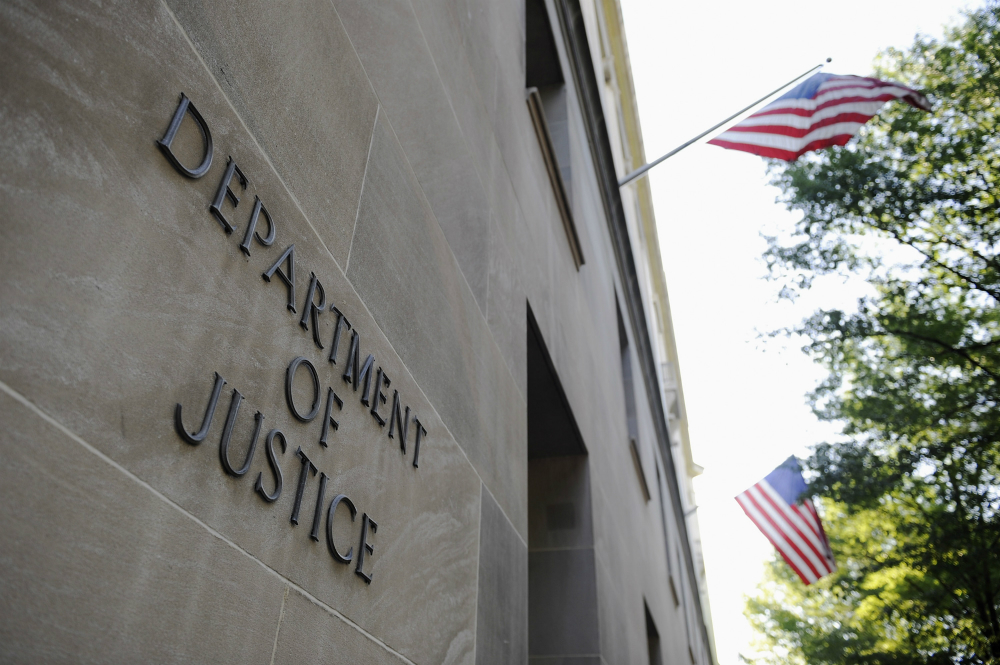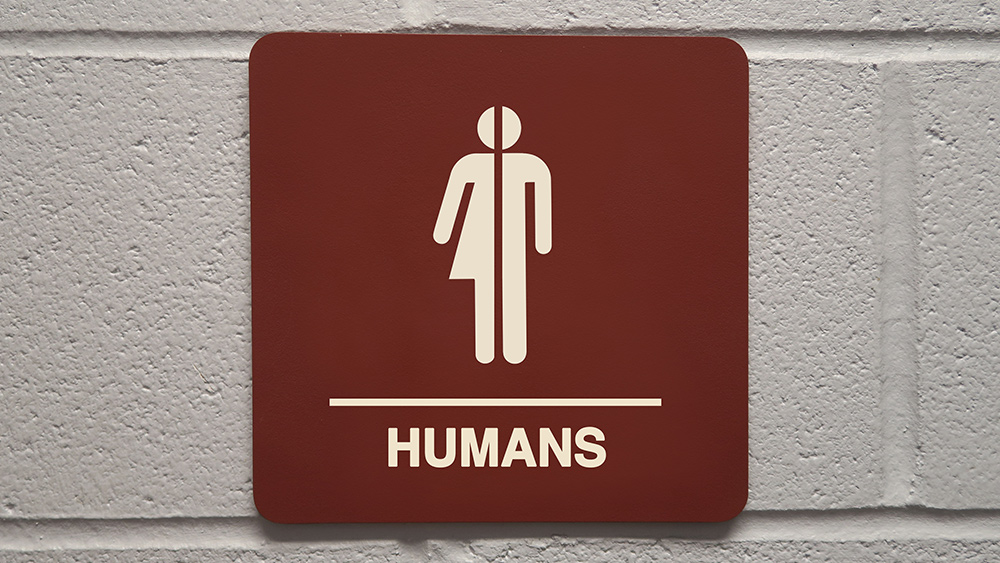Trump administration’s DOJ overhaul sparks cultural clash, “bloodbath” in Civil Rights Division
04/28/2025 / By Willow Tohi

- President Donald Trump’s administration, led by Assistant Attorney General Harmeet Dhillon, dramatically reshaped the DOJ’s Civil Rights Division (CRD) in 2025, sidelining progressive priorities (e.g., voting rights, racial discrimination) in favor of opposing DEI programs and transgender rights, including policies like “Keeping Men out of Women’s Sports.”
- Over a dozen veteran attorneys were reassigned or resigned as Trump loyalists replaced career staff. Dhillon’s memos refocused the CRD on Trump’s culture-war agenda, such as combating “gender ideology extremism” and school “indoctrination,” marking a stark reversal from bipartisan civil rights enforcement.
- The CRD, traditionally focused on racial justice and anti-discrimination since 1964, now faces criticism for prioritizing “anti-Christian bias” cases and transgender sports bans, with critics calling its mandate “actively anti-civil rights.”
- The DOJ’s changes align with Trump’s policies (e.g., banning DEI programs, restricting LGBTQ+ rights) and educational directives like the “1776 Commission,” framed as ending “woke overreach.”
President Donald Trump’s second-term efforts to reshape U.S. civil rights policy reached a dramatic apex in April 2025 with a seismic overhaul of the Justice Department’s Civil Rights Division (CRD). Led by conservative appointee Harmeet Dhillon, the division has scrubbed progressive priorities like voting rights enforcement and combating racial discrimination, replacing them with initiatives opposing DEI programs, transgender rights, and mandates like “Keeping Men out of Women’s Sports.” Sources describe a “bloodbath” of staff purges, with over a dozen veteran attorneys reassigned or departing, as Trump’s team shifts federal civil rights priorities to align with his “culture war” agenda.
Turbulence in the division — a “180 shift” from tradition
The transformation began under Harmeet Dhillon, a Trump loyalist who represented the president in 2020 election litigation. She and other Trump appointees have replaced career staff with politically aligned replacements, prompting resignations and transfers to menial roles like handling public records. Current and former officials report that Dhillon’s memos redefined CRD priorities to focus on Trump’s executive orders, such as targeting “gender ideology extremism” and halting “radical indoctrination” in schools.
One veteran CRD lawyer called the shift a “180,” contrasting it with decades of bipartisan efforts to enforce civil rights laws. The division’s 1957 founding aimed to address overt racial discrimination, but sources describe its current mandate as “actively anti-civil rights.” The Biden administration pursued landmark cases against police misconduct and voter suppression, securing reforms in school segregation and housing discrimination. Now, such work is sidelined while the CRD probes “anti-Christian bias” and challenges transgender athletic policies in Maine.
Historical context — the division’s evolution under fire
The CRD has long operated as a fluid but targeted enforcer of federal law. Since Lyndon Johnson’s 1964 Civil Rights Act, it has prosecuted voting rights violations, police brutality and hate crimes. Even Republican administrations prioritized discrimination cases, though with narrower scope. However, this iteration marks a departure.
Trump’s first term maintained some continuity, with political appointees debating legal strategies, but sources note “no conversation” under Dhillon. One departing attorney stated: “In the first Trump administration, there was always a discussion about why and what the law required. That is not happening.” The CRD’s current priorities, such as condemning DEI initiatives as “unlawful,” require stretching statutes like Title VI beyond Congressionally defined anti-discrimination measures, leading critics to question legitimacy.
Broader culture war and policy reversals
The DOJ changes mirror Trump’s broader cultural offensive, including banning federal DEI programs and restricting LGBTQ+ rights. In education, his orders target “radical indoctrination,” while reinstating the “1776 Commission” to promote a historical narrative deemphasizing systemic injustices.
While the administration frames its moves as correcting “woke overreach,” dissenters warn of a return to exclusionary policies. New assistant attorney general Dhillon defends her choices as routine transitions, but former CRD staff see a calculated assault on legal progress. As 2026 looms, the clash underscores America’s deepening divide over the meaning of civil rights — and who gets to define them.
Sources for this article include:
Submit a correction >>
Tagged Under:
big government, civil rights, culture wars, deep state, DEI, DOJ, Donald Trump, gender ideology, identity politics, left cult, lgbtq, progress, social justice, transgender rights, White House, woke
This article may contain statements that reflect the opinion of the author
RECENT NEWS & ARTICLES
COPYRIGHT © 2017 IDENTITY POLITICS NEWS



















